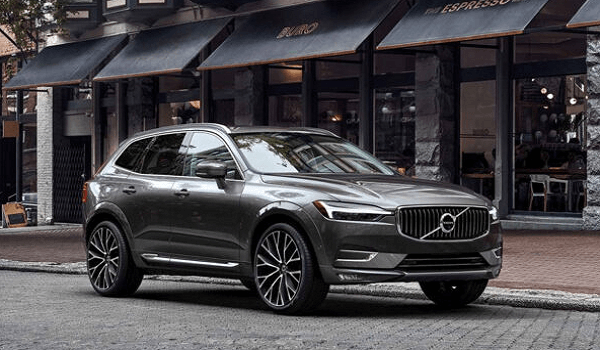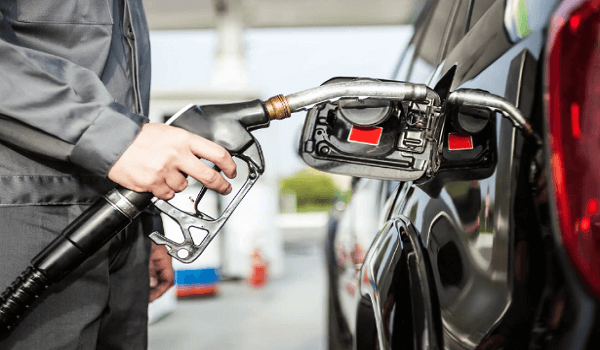Does Volvo XC60 Require Premium Gas – Volvo has been known for producing safe, reliable, and luxurious cars for decades. The XC60 is one of the most popular models in the Volvo lineup, known for its sleek design, advanced safety features, and exceptional performance.
Many people wonder whether the Volvo XC60 requires premium gas, and in this article, we will explore this topic in-depth.
Volvo XC60 Engine and Fuel Requirements

The Volvo XC60 is available with several engine options, including a turbocharged four-cylinder engine, a turbocharged and supercharged four-cylinder engine, and a plug-in hybrid powertrain.
The fuel requirements for the XC60 vary depending on the engine type.
The base T5 engine, which is a 2.0-liter turbocharged four-cylinder engine, requires regular unleaded gasoline with an octane rating of 87 or higher.
This means that the XC60 does not require premium gas. However, some drivers may choose to use premium gas to improve performance or fuel economy.
The T6 engine, which is a 2.0-liter turbocharged and supercharged four-cylinder engine, also requires regular unleaded gasoline with an octane rating of 87 or higher.
Again, using premium gas is not required, but it may provide some benefits for performance and fuel economy.
The XC60 T8 plug-in hybrid powertrain requires premium gasoline with an octane rating of 91 or higher.
This is because the T8 engine has a higher compression ratio than the T5 and T6 engines, which requires a higher octane fuel to prevent knocking and other issues.
Benefits of Premium Gasoline

While the Volvo XC60 does not require premium gas for most engine types, some drivers may choose to use it for its potential benefits.
Premium gasoline typically has a higher octane rating than regular gasoline, which means it can resist engine knock better.
Engine knock is a knocking or pinging sound that can occur when the air-fuel mixture in the engine is ignited prematurely.
This can cause damage to the engine over time, and using higher-octane gasoline can prevent this from happening.
Premium gasoline may also provide some benefits in terms of performance and fuel economy. Higher octane fuel can allow the engine to operate at higher compression ratios, which can improve power and efficiency.
However, the benefits of using premium gasoline may be minimal, and some experts argue that the cost of premium gasoline may not be worth it.
In most cases, using regular unleaded gasoline with an octane rating of 87 or higher will provide sufficient performance and fuel economy for the Volvo XC60.
Factors to Consider

While the Volvo XC60 does not require premium gas for most engine types, there are some factors to consider when choosing which fuel to use. These include:
Climate
In hot climates, using premium gasoline may be beneficial to prevent engine knock and other issues. However, in colder climates, using regular unleaded gasoline may be sufficient.
Driving Habits
Drivers who frequently tow heavy loads or drive aggressively may benefit from using premium gasoline for improved performance and efficiency.
Manufacturer Recommendations
While the Volvo XC60 may not require premium gas for most engine types, it is important to follow the manufacturer’s recommendations to ensure the best performance and longevity for the vehicle.
Cost
Premium gasoline is typically more expensive than regular unleaded gasoline, so drivers should consider the cost-benefit analysis of using premium gasoline for their vehicles.
Conclusion
In conclusion, the Volvo XC60 does not require premium gas for most engine types. The base T5 engine and the T6 engine both require regular unleaded gasoline with an octane rating of 87 or higher, while the T8 plug-in hybrid powertrain requires premium gasoline with an octane rating of 91 or higher.
While using premium gasoline may provide some benefits in terms of performance and fuel economy, the benefits may be minimal, and the cost of premium gasoline may not be worth it for some drivers.
The decision to use premium gasoline or regular unleaded gasoline depends on various factors, including climate, driving habits, manufacturer recommendations, and cost.